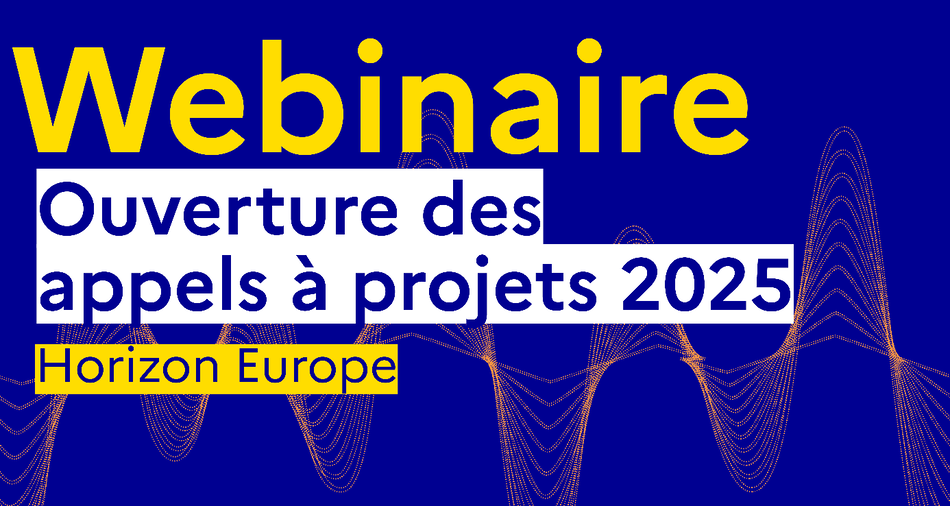Expected Outcome:
The selected proposals are expected to contribute to all of the following outcomes:
- Expansion of the potential offered by marine or other aquatic biological resources through advances based on the greater knowledge of the functioning, processes and ecological interactions of marine and other aquatic organisms;
- Development of aquatic biotechnology solutions in cultivation and optimisation of production yield;
- Increased bio discovery of products through sustainable methods for robust aquatic bio-based production, including possibly production of chassis cells, as an alternative to wild harvesting;
- Support to green industrial bioprocessing and more sustainable bio-based products through new biotechnology processes and applications;
- Contribution to the development of circular processing.
Scope:
The biotechnological exploitation of both pelagic and benthic marine and other aquatic (such as the ones living in fresh waters, transitional waters and ice ecosystems) organisms often requires their cultivation and the optimisation of production yield for the compounds of interest. Aquatic biota, and in particular marine ones (bacteria, algae, fungi or invertebrates such as sponges, corals and molluscs), cannot be easily cultured. It is believed that just a fraction of 1% of marine bacteria can be cultured using existing methods, and viruses and bacterial and viral phages, present even greater challenges. The culturing of aquatic organisms offers a sustainable alternative to wild harvesting. The potential environmental footprint and impact on health, sustainability and biodiversity aspects need, nevertheless, to be thoroughly assessed and safety established, through risks analysis linked to possible dissemination of newly developed organisms in nature. Culturing methods should be developed in sealed conditions, such completely in vitro or in aquaria and mesocosms, with particular attention to avoid spread of non-indigenous species in the natural aquatic environment.
Proposals under this topic should:
- Develop culturing methods (including for mixed cultures) for vertebrate and invertebrate cell lines for the production of active compounds particularly based on co-metabolism between community members that represent a radical change from the conventional “isolate and enrich” approach to cell culture;
- Develop bio-engineering tools for the use of marine and other aquatic model organisms to improve the availability of metabolites for industrial applications;
- Optimise culturing conditions so that the relevant metabolites are appropriately expressed and can be recovered with selective downstream processing techniques.
Selected projects should collaborate with each other. In this topic the integration of the gender dimension (sex and gender analysis) in research and innovation content is not a mandatory requirement.





